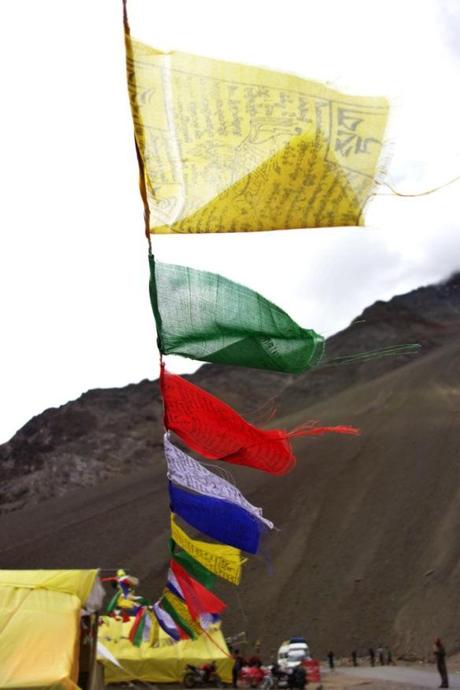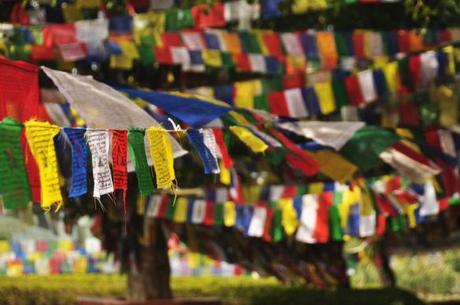“Ultimate freedom. An extremist. An aesthetic voyager whose home is the road.”
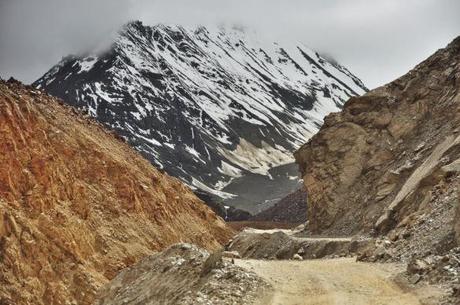
365 days of homestays, high altitude cycling, and beautiful landscapes throughout India (a second time).
Though I was nervous to renter into India knowing how difficult of a country it is to travel through, I was amazed by how clean, safe, and beautiful the Golden Temple in Amritsar was. This temple is the holiest place for Sikhs so many from all over India (and the world) come on pilgrimage daily.
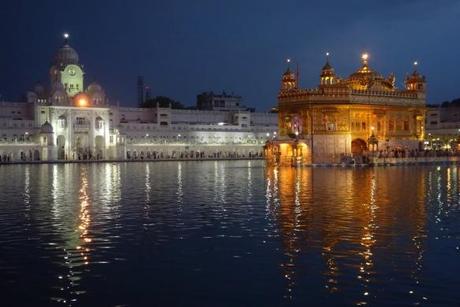
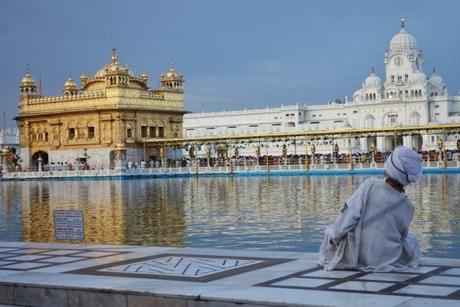
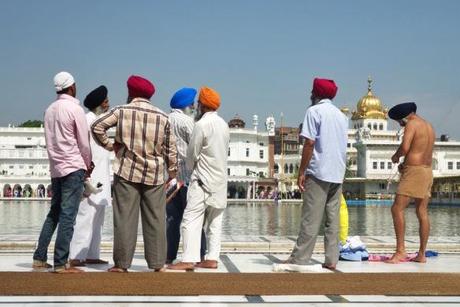
Kashmir valley , a predominately Muslim region of India, proved to be beautiful and was a great introduction back into the Himalayas.
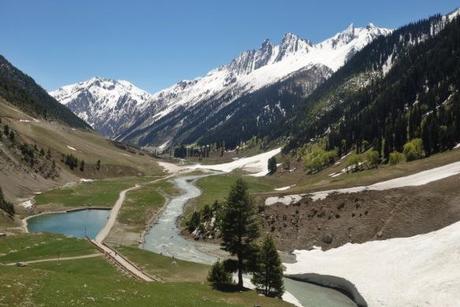
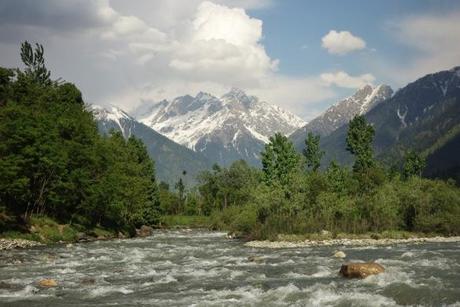
Our most amazing pass involved cycling (and pushing) up a mountainside of switchbacks which had been cleared of snow only a week before, though often the piles on the side were over ten feet tall. Because of the snowmelt it seemed as if we were cycling through a river.
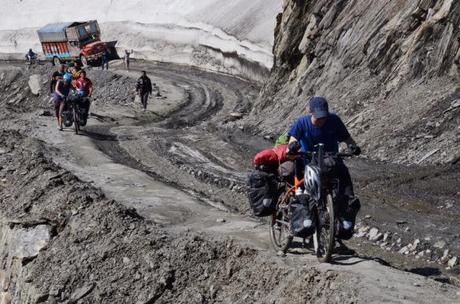
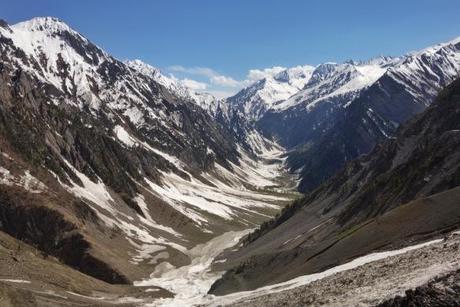
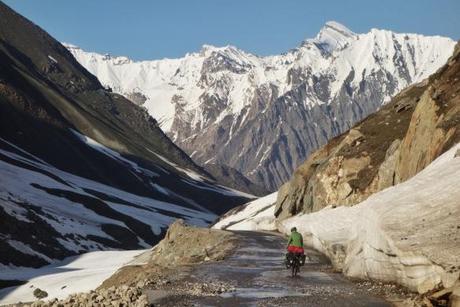
Before continuing onto Ladakh we took a detour down through Suru valley in an attempt to make it to Zanskar. Though we were too early (the pass was still closed) Suru valley ended up being some of our favorite cycling in all of India.
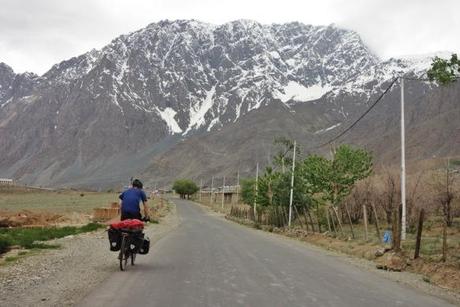
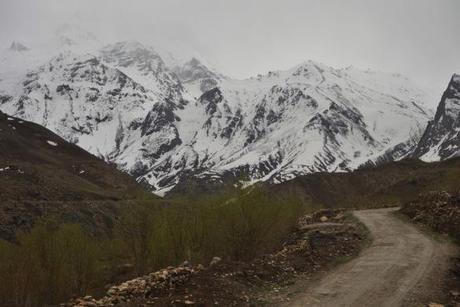
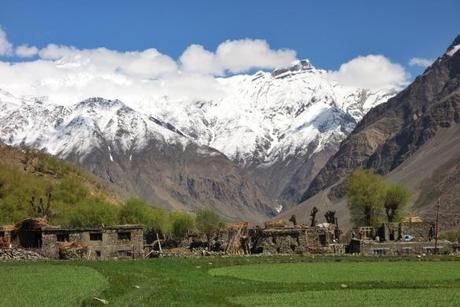
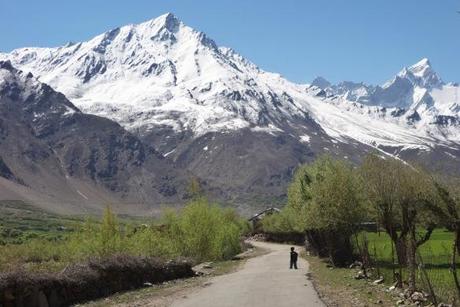
After that we entered into Ladakh, a barren high altitude desert of complete nothingness. The best part about this region are the hospitable, kind, hard-working Tibetan farmers who make Ladakh the wonderful region it is.
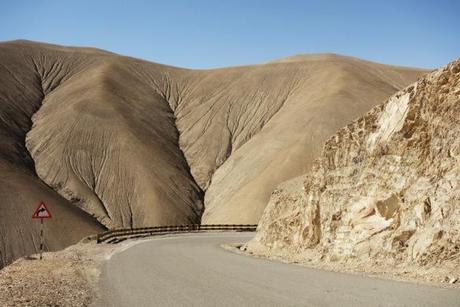
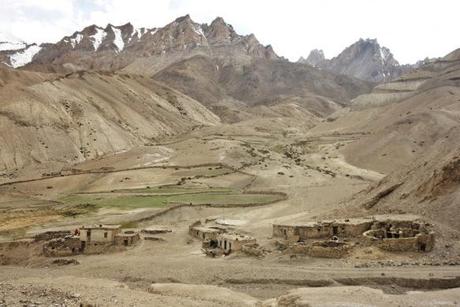
During my last trip through India I also encountered this, sheep herders bringing their animals up to higher pastures for the summer.
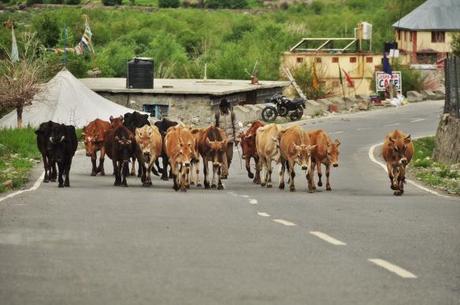
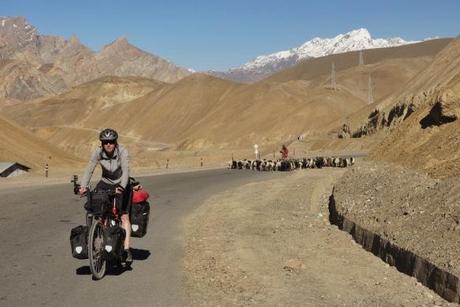
Monasteries throughout Ladakh were some of the most impressive structures as they would typically be perched on very high cliffs. Usually a small village would also surrounded them.
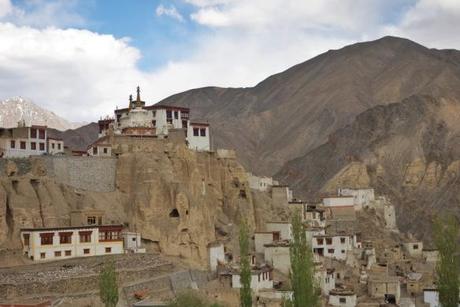
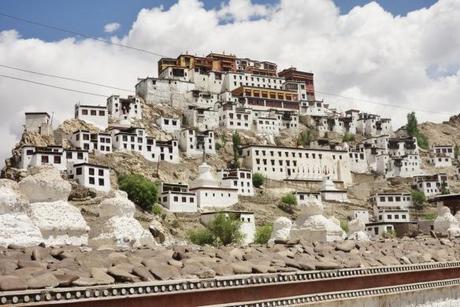
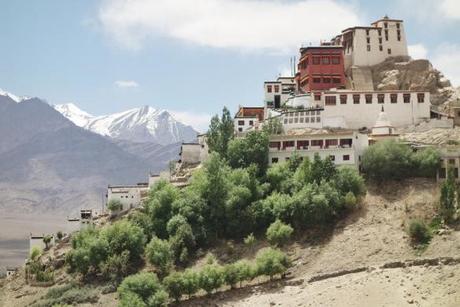
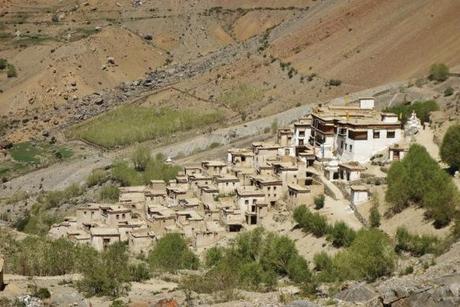
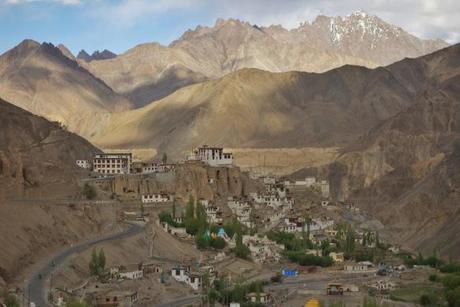
Then we met up with the famous Indus which is the lifeblood of this valley before arriving in Leh.
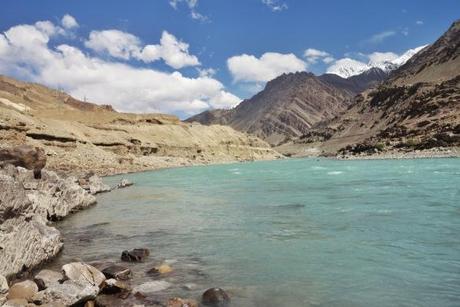
When’s the last time you found a yak outside your bathroom?
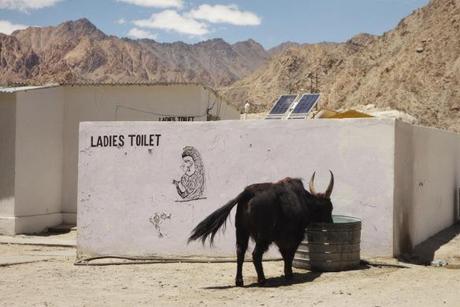
One of my favorite experiences in India was trekking through the Zanskar valley, a very remote area of the world where people live days away from roads in tiny villages perched on cliffs at altitudes that surpass 4,000m. This means they live in some of the coldest (inhabited) places on earth.
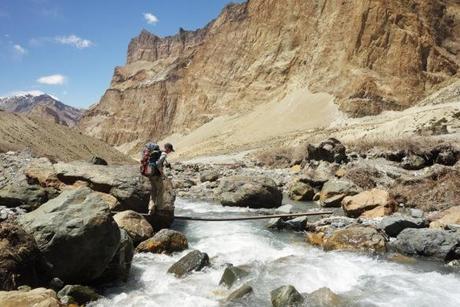
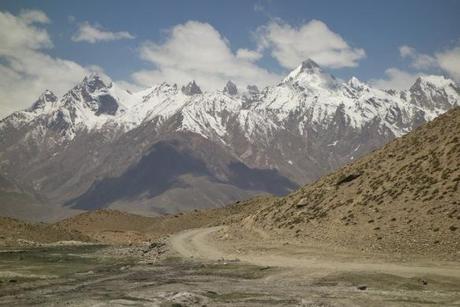
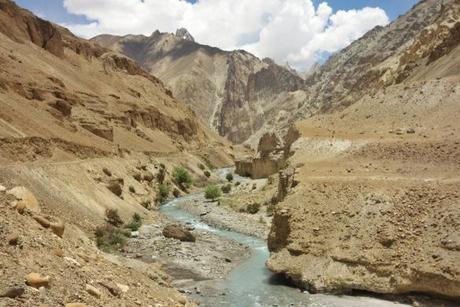
Yaks in Zanskar are vital to the survival of the inhabitants for their fur, milk, and most of all, their capacity to work in the fields and carry people or supplies in the winter. We saw the herders bringing them to higher ground for the summer where they can wander free before they are round up again in the fall.
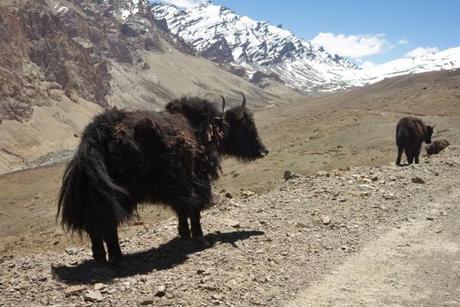
We did a few homestays throughout the area (so that we didn’t have to carry food for ten days, there are no stores or places to get food along the way except if you stay with a family. It was interesting to see how they lived, from storing potatoes underground to keep them fresh, to relying on donkeys to carry in their rations of rice as they are unable to grow it.
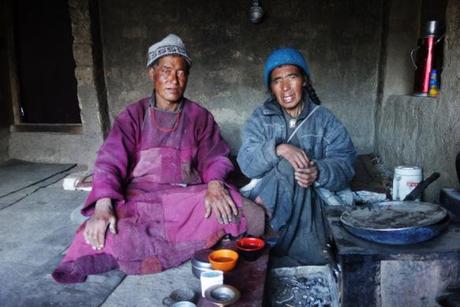
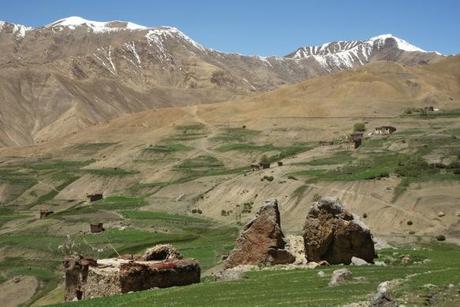
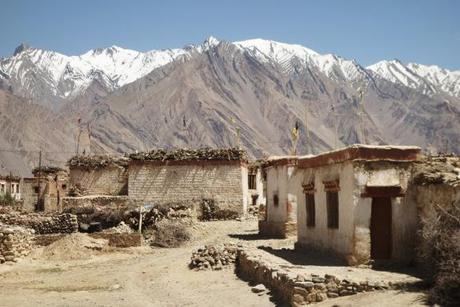
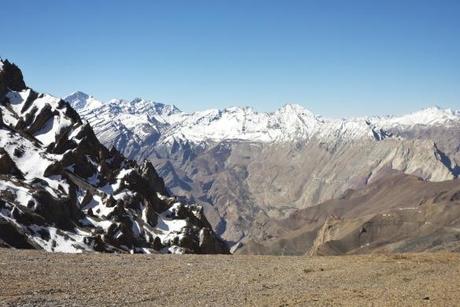
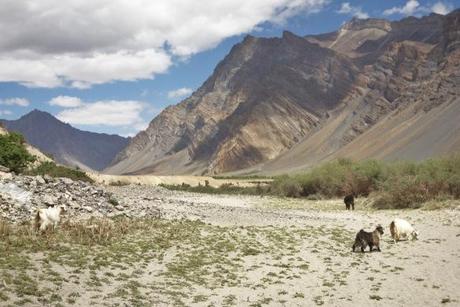
The most stunning part about this trek were the villages scattered, sometimes days away from each other, throughout the rocky and desolate region.
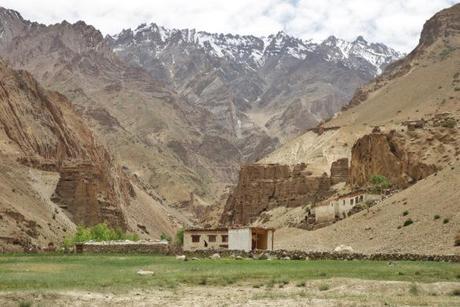
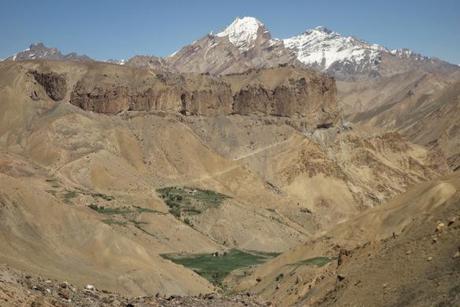
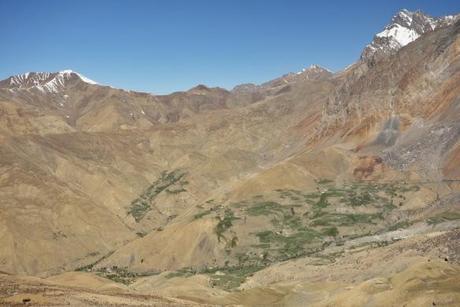
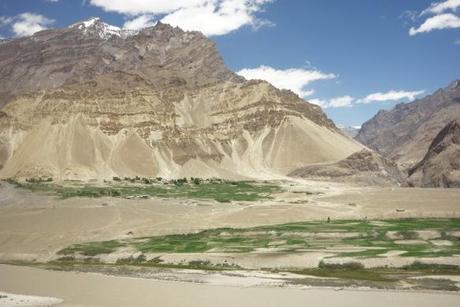
Little did we know, we arrived just in time to meet the Dalai Lama in Zanskar as he taught to his people, the Tibetans.
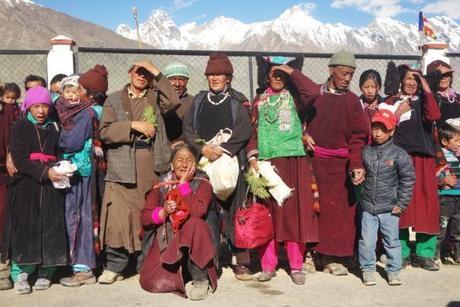
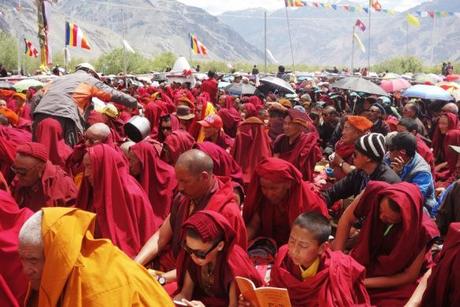
Then we cycled down the famous Leh-Manali highway, a 500km partially unpaved road which crossed five high passes, a few of which were over 5,000m. It was definitely a highlight of India as we met so many other cycle tourists and were able to enjoy the Himalayas without civilization.
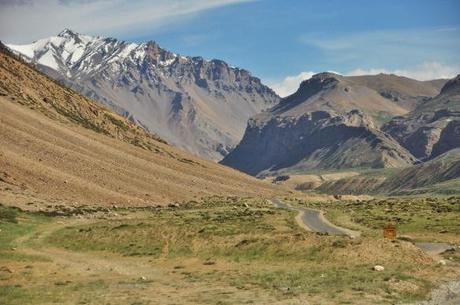
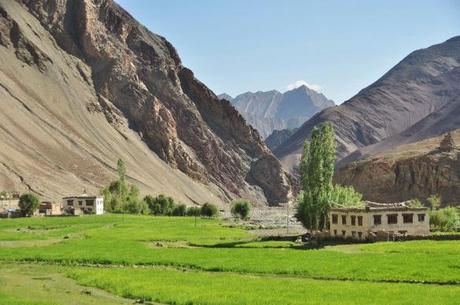
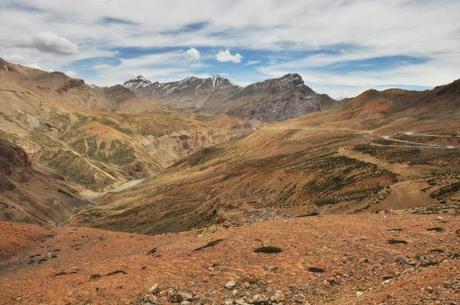
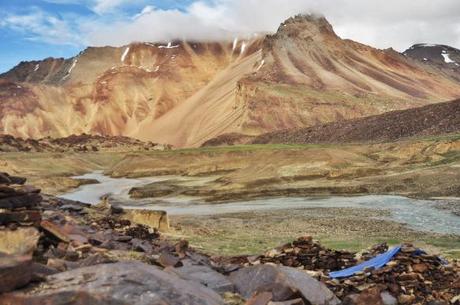
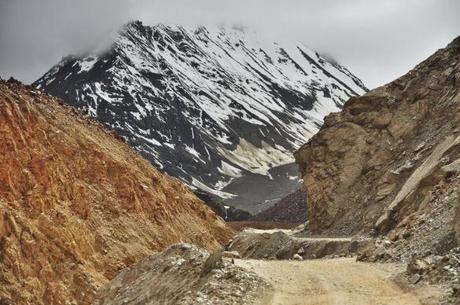
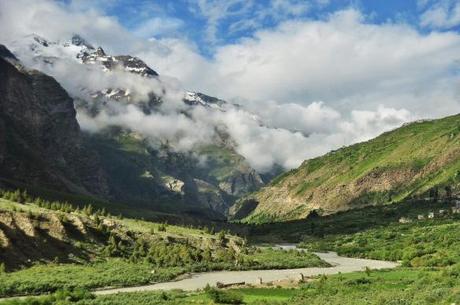
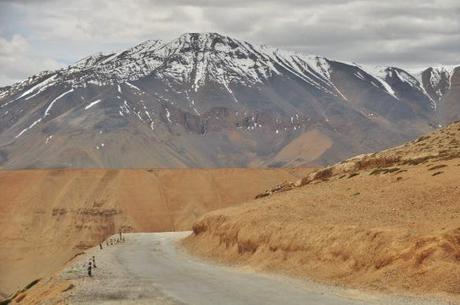
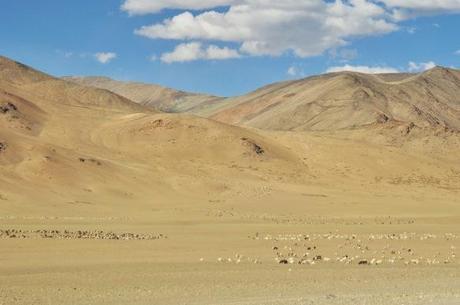
Prayer flags are found all throughout Ladakh and Zanskar where the people are predominately Tibetan Buddhists. Most villagers have decorated their homes with them, and every pass is covered with hundreds.
